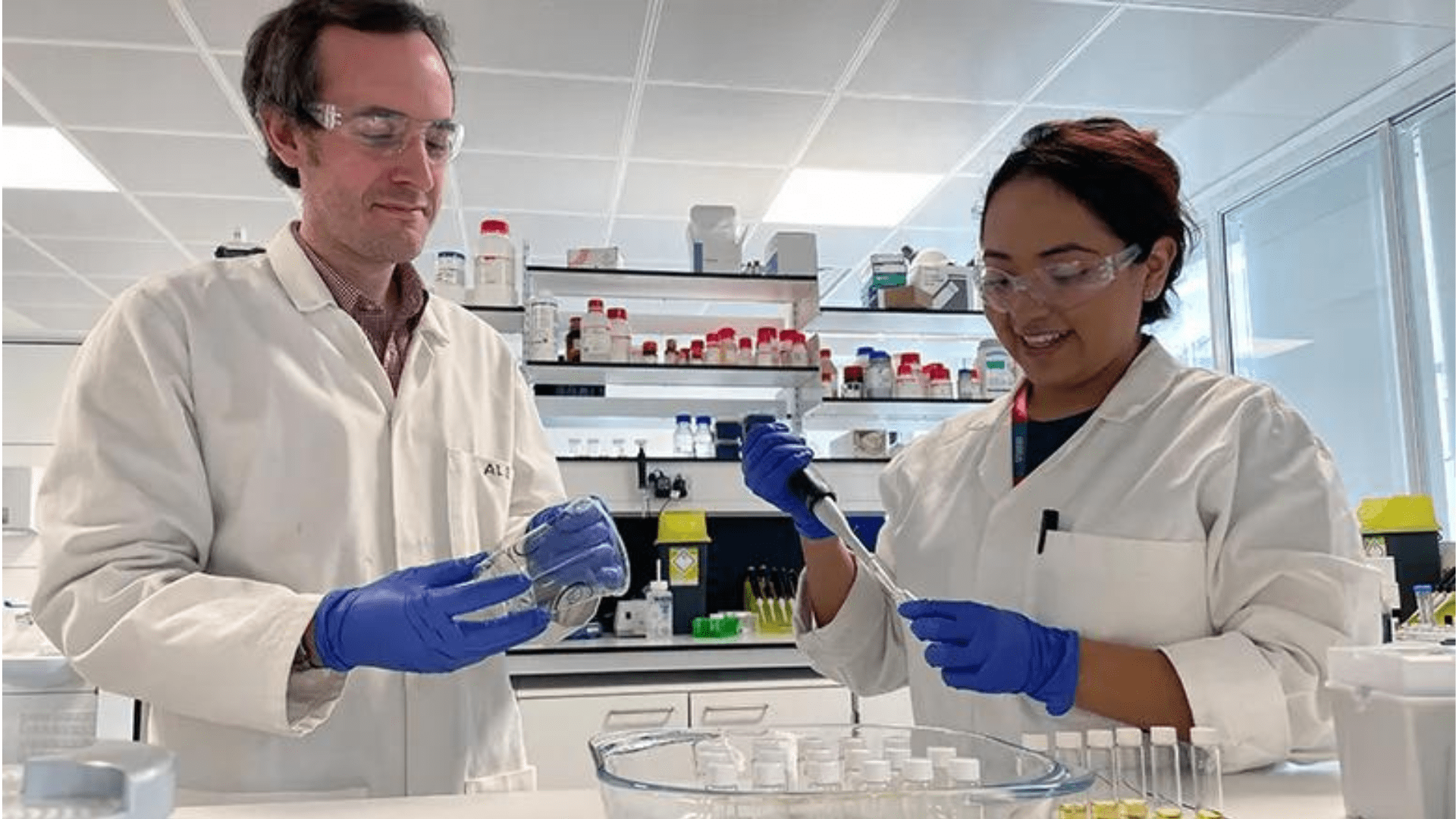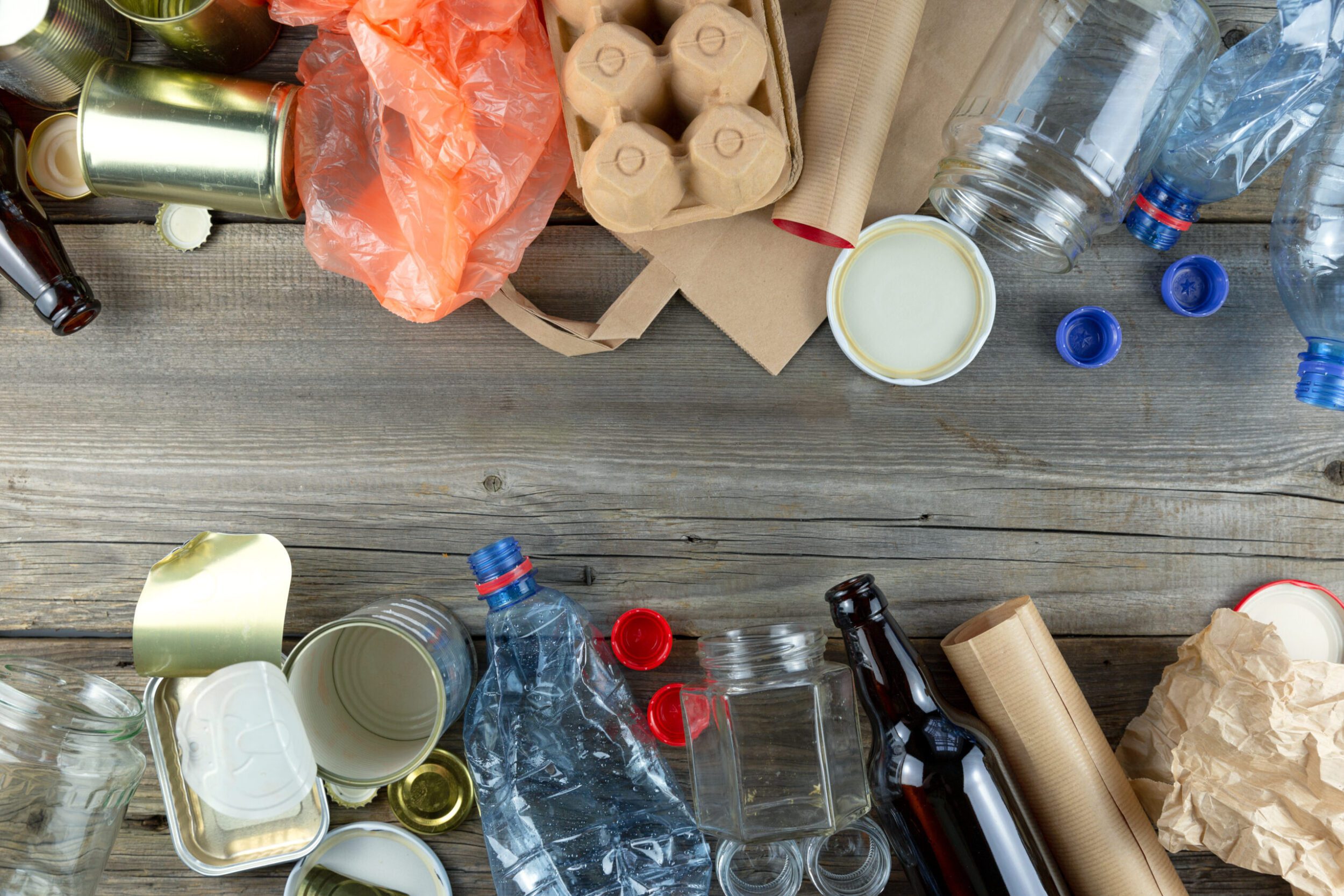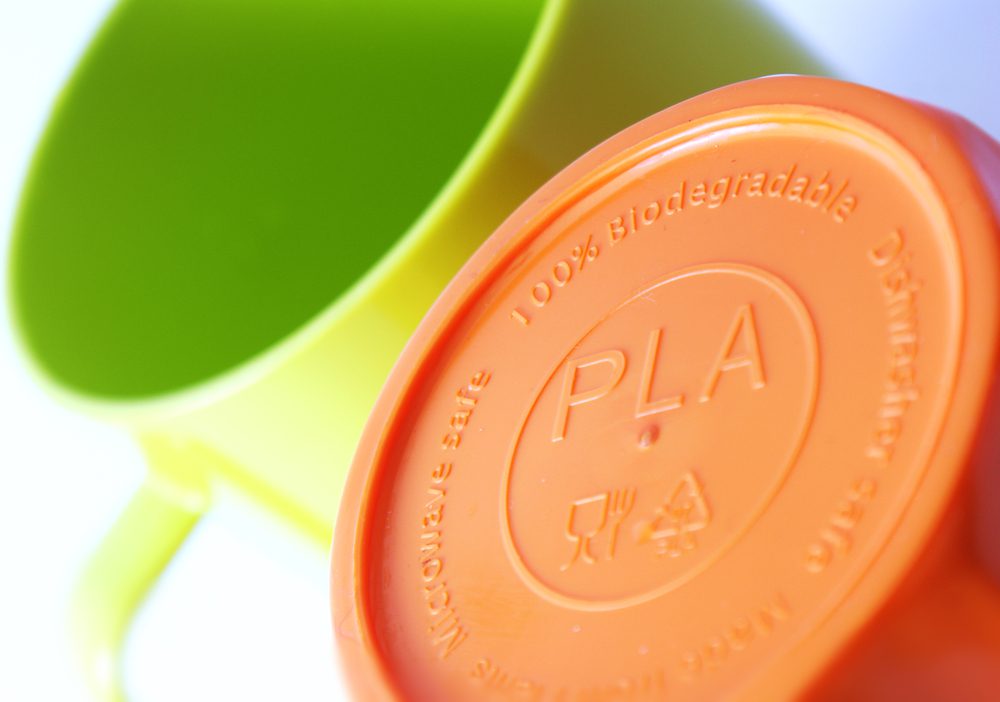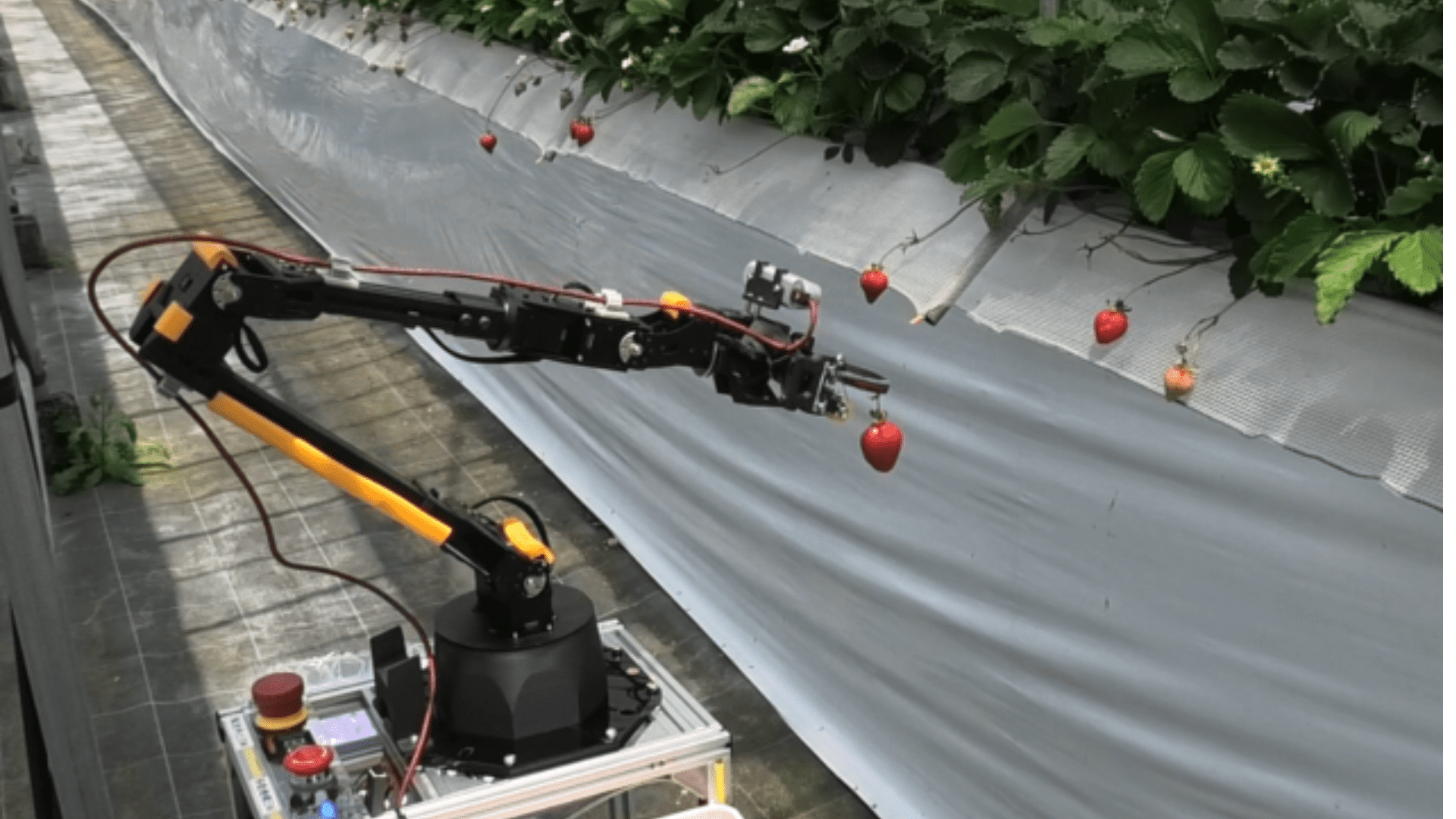A team of scientists at King’s College London believe that certain enzymes can recycle bioplastics in 24 hours. Specifically, the chemical targets single-use bioplastics like coffee cups or food containers, which are arguably some of the most common single-use plastics. Here’s how the innovative solution works.
Enzymes in Laundry Detergent

You read that right. Researchers at King’s College London used enzymes found in biological laundry detergent in their study. It’s a novel method of chemical recycling. The enzymes in laundry detergent help break down bioplastics heading to the landfill. They found enzymes can turn the plastics into dissolved fragments within a day. The 24-hour process achieves full disintegration of bioplastic polylactic acid (PLA). Typically, the recycling process lasts 12 weeks but this approach is 84 times faster.
Scientists made another discovery during their initial experiment. After another 24 hours, at 90° Celcius, the single-use plastics break down into their chemical building blocks. Once the plastics are converted into singular molecules, they can be reused for another high-quality plastic.
Sustainable Plastics
Current plastic production doesn’t allow it to be disposed of sustainably. A Study in Environmental Action estimates that 68 million tons of plastic across the globe ended up in natural environments in 2023 alone. Researchers say this is because of an imbalance between the number of plastics produced and the ability to manage and recycle the plastics at the end of their life. An OECD report predicts by 2060 the amount of plastic waste produced world will triple.

Explore Tomorrow's World from your inbox
Get the latest science, technology, and sustainability content delivered to your inbox.
I understand that by providing my email address, I agree to receive emails from Tomorrow's World Today. I understand that I may opt out of receiving such communications at any time.
Bioplastics are considered “green” because of where they derive from. Typically, they come from biological sources like cornstarch, cassava, or sugarcane. A lot of consumers believe they are a sustainable choice. Meanwhile, the recycling methods are costly and incapable of producing high-quality reusable materials. As a result, a lot of the plastics end up in the landfill after one use and retailers revert to unsustainable materials.
According to the researchers at King’s College London, the new method of recycling could revolutionize the plastic industry. They say it provides a sustainable way to recycle single-use plastics. The new method of recycling produces a circular lifecycle for bioplastics, reduces the production of fossil fuel-based plastics, and addresses the massive amount of plastic waste in landfills.
Dr. Alex Brogan from King’s College London said, “Being able to harness biology to deliver sustainable solutions through chemistry, allows us to start thinking of waste as a resource so that we can move away from oil and other non-renewable sources to create the materials we need for modern life.”
Improving recycling
Scientists want to extend their research to improve recycling strategies for other commonly used plastics like water bottles, plastic packaging, and clothing. Susana Meza Huaman from King’s College London said, “Our chemical approach significantly speeds up the degradation of bioplastics, enabling them to be recycled and reused.”







